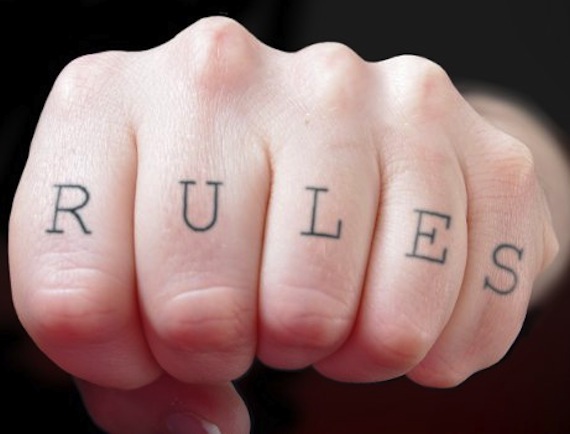
When it comes to writing, you are often sold a hard-set of RULES that you cannot break or worse, a list of steps to follow. Don’t get me wrong, the rules are important to learn, to use and to abuse, but if you’re anything like me, the rules are counterproductive to your creative process and often, dim the spark that made you want to tell your story in the first place.
Unless, you can use the rules in your own way.
Imagine the process of writing anything – creative or not – like building a table. You’ve got the supplies – wood and nails (plot and characters) but they are scattered about and you need to put them together in some way. Sometimes you need a hammer and other times you need a screwdriver, and you can’t use all the tools at once.
If we think of writing like building a table, it’s best to transform the rules into TOOLS that you can use when needed, and you’ll come to the same result anyway.
It was Stephen King who first introduced the metaphor of a toolbox in his essential book On Writing: A Memoir on the Craft. He suggested that you learn (through practice and the “rules” behind them) how to use each tool and then place it in your Writer’s toolbox. Sometimes you’ll need a certain story-tool, other times, depending on the project or the place you are in the process, you’ll need to use a different one. You’ve got to build the table one step at a time and if a tool doesn’t work, you try a different one; just imagine trying to hammer something with a wrench.
The difference between writing a story and building a table is the step-by-step approach. It’s not as simple with stories, there isn’t an easy formula, but that’s where the tools can really help. By building up your toolbox and practicing using those tools, you’ll make your own version of step-by-step, one that will actually help you succeed.
So, do you need to follow rules to be a good writer?
No. But, you need to use them, practice them, learn them well, and add them to your toolbox. You’ll end up writing within the so-called “rules” anyway, because a table, at the end of the day, needs to function as one.
Just remember, the first table you build, much like your first story, won’t be perfect, but, it’ll work and you will learn a heck of a lot from it. The more tables you build, the better you get at it.
Here are some “technical” and “creative” tools that are in my toolbox:
Talk to Yourself
The Genre Game
Creative Research
Morning Pages
Story Structure
Get writing.
Have you met FADE IN:?
We would love to hear from you
Write here: info@fadeinbeirut.com
